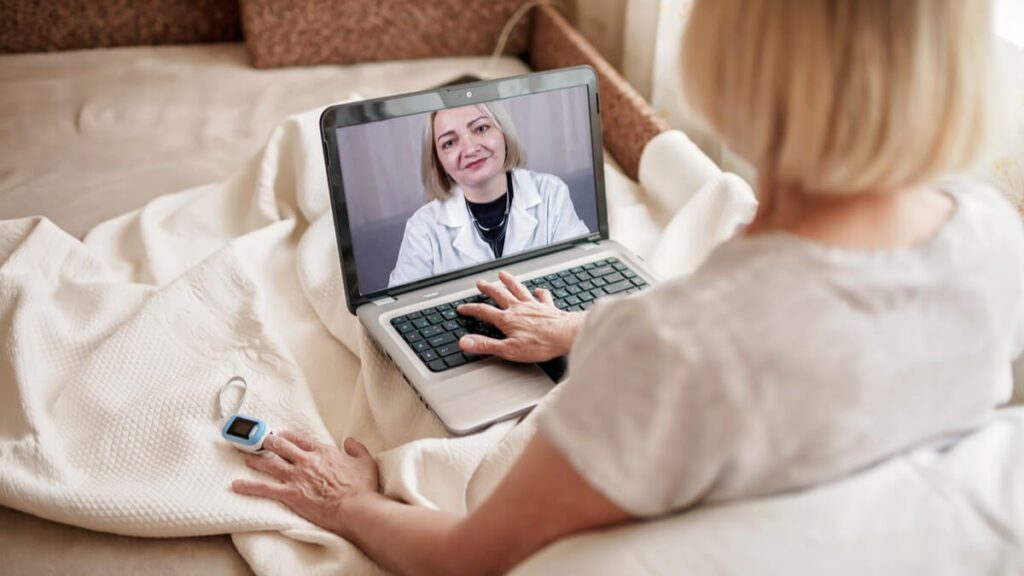Study to develop smart textiles for remote patient monitoring

The global population recently reached 7.8 billion, among which almost 15 percent suffer from disabilities mainly caused by ageing and chronic diseases.
Lack of infrastructure and trained professionals in rehabilitation is a world issue that has been intensified by the ongoing pandemic and, as a result, healthcare access has been significantly reduced.
Upcoming technologies like telemedicine and telerehabilitation try to address these issues by providing remote and affordable access to healthcare using telecommunication devices, such as smartphones and tablets.
Dr Ishara Dharmasena, of the School of Mechanical, Electrical and Manufacturing Engineering (MEME) at Loughborough University, has been appointed a fesearch fellow by the Royal Academy of Engineering and awarded funding of $327.27 to develop a new technology that overcomes these challenges.
This shift requires new methods that can gather inexpensive and accurate data on physiological parameters – such as heart rate, blood pressure, body temperature, and hormone levels – and body movements in real-life settings.
Existing motion detection techniques have numerous drawbacks, including limited range, restricted mobility (due to bulky, rigid components), high-cost, and the need of replacing/recharging batteries.
Absorbing the movement from the body, these super-smart textiles will not only power electronic components, but also act as self-powered functional sensors that are able to accurately sense the movements of targeted body parts.
This futuristic textile system will then wirelessly communicate the data to a mobile device – resulting in a highly efficient, durable, lightweight, wearable, low-cost rehabilitation monitoring product.
Dr Dharmasena hopes to have two fully functioning smart textile demonstrators at the end of the project: the first being a tight-fitting T-shirt/base layer, and the second being a bandage that can be worn like a normal support bandage.
“It is an honour to have received the prestigious Research Fellowship from the Royal Academy of Engineering, which has been one of my aspirations since starting PhD studies,” Dr Dharmasena commented on the importance of the project.
“With this Fellowship, I will be able to address some of the key issues related to wearable health monitoring by creating innovative solutions through nanogenerator technology,” he noted.
These super-smart textiles developed here will be able to monitor body movements and remotely transmit the sensor signals, while powering their own operations by absorbing energy from the natural motion of the wearer.
